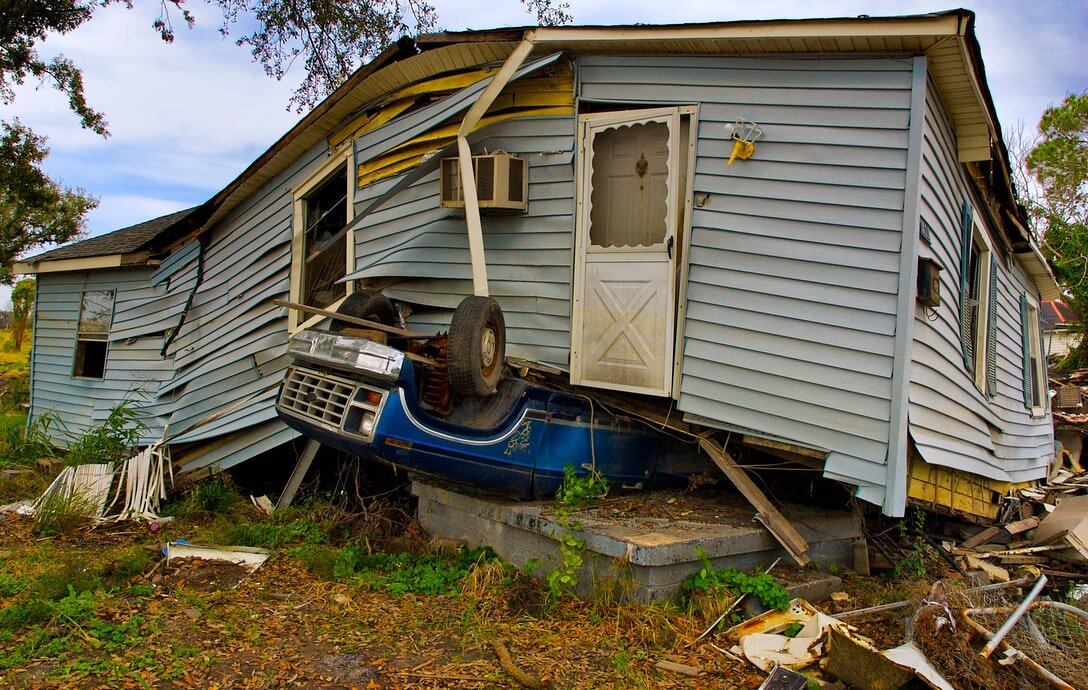
Living Library of Knowledges
About This Page
-
Our Living Encyclopedia is part of our work in creating Living Knowledges. Here you will find community led and scientifically rooted reportings that are in constant progression as injustice is an evolving phenomena.
Living Knowledges is a realm where knowledge finds a sanctuary to flourish, evolve, and expand beyond the confines of conventional repositories. It is a dynamic space dedicated to storing and nurturing knowledge in a manner that allows it to adapt, transform, and grow with the passage of time.
This is a digital ecosystem designed to accommodate the vast array of information amassed by humanity. It goes beyond the static nature of traditional libraries and archives, embracing the concept of living ideas that continuously evolve. Thus, knowledge is envisioned as a living entity that undergoes perpetual enhancement and refinement. Every piece of information is treated as a seed, capable of germinating, branching out, and cross-pollinating with other ideas.
-
This Library houses all the work produced therefore you can use the filter to search for topics and formats that suit your query.
You can access a range of works, such as definitions which give a ~200 word summary of a key topic, as well as long form reports.
Some of the works listed here also feature in the Programmes so you can see related works as you go.
Endocrine Disruptors
Endocrine disruptors are chemicals that are ingested from our external environment through our skin, respiratory tracks, and mouth.
Planetary Dysregulation
“Planetary dysregulation is the impaired ability of planetary systems to maintain the processes required for self-regulation, particularly due to unsustainable exploitation of ecosystems and chronic exposure to industrial contamination”.
Urban Sacrifice Zones & the Right to Pollute
The purpose of this data led study is to bring attention to everyday people those who have the right to pollute in their neighbourhoods, so that people can make more informed decisions when it comes to voting and priorities for our shared health and climate change action points.
Naturally Occurring Green House Emissions to know
Human activity, especially at scale, has not just produced particulates that harm us. In the case of three major greenhouse gases (GHGs), large-scale human activity has also disturbed the balance of naturally occurring gases to the point that global warming takes place because the ecosystem is not able to adapt.
The Responsibility of the Food, Drink, Tobacco Industry in Emissions
Due to the large level of grocery sales, food, drink and tobacco are the largest emitters of any retail sub-sector, being responsible for 62 per cent of all emissions.
Decarbonisation, Natural Gas, and Health
The move away from a reliance on a natural resource should be supported by the health and environmental benefits it will bring to people living in close proximity to industrial sites, and to our overall biodiversity regulation.
The Environmental Factors of Diabetes
We are going to use diabetes as a case study to produce three learnings. (1) Genetics are not the full story when it comes to non communicable diseases such as diabetes. (2) Understand that disease prevention and even cure is not just in the confines of medical institutions. (3) The need for geospatial studies to understand the interlink between diabetes and place.
Light Pollution
The light disrupts the circadian rhythms of humans and wildlife alike as well as lowering melatonin production, which results in sleep deprivation, fatigue, headaches, stress, anxiety, and other health problems.
Air Pollution
Air pollution presents a particularly insidious hazard given that the disease affects respiratory and cardio-vascular systems (source). These two systems are sensitive to air pollution as air pollution directly damages the mechanics and as a consequence the function of lungs, heart, and the circulatory system.
Stressors & the Stress Response
A stressor is defined as a novel threatening environmental agent that alters the baseline human biological system in either of two ways: bringing the system to an unstable biological state, or slowing down the system’s internal response so that it cannot reach equilibrium.









